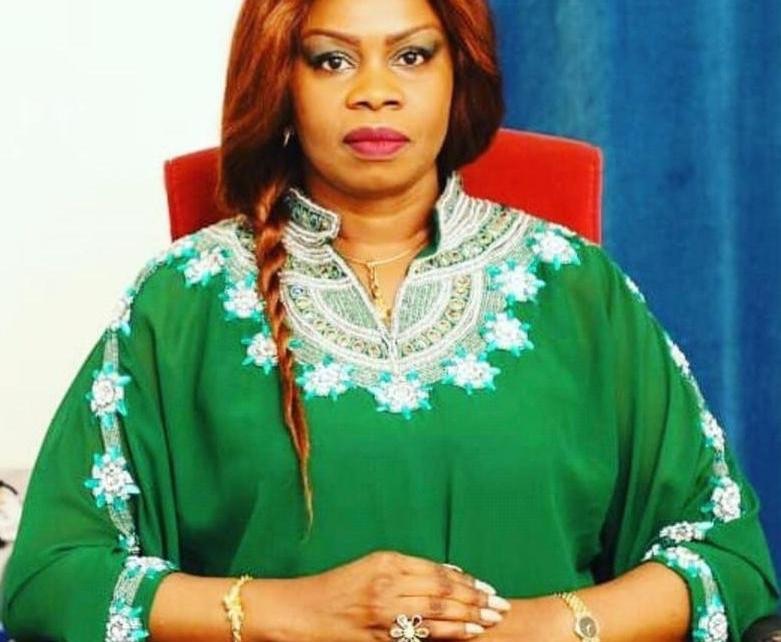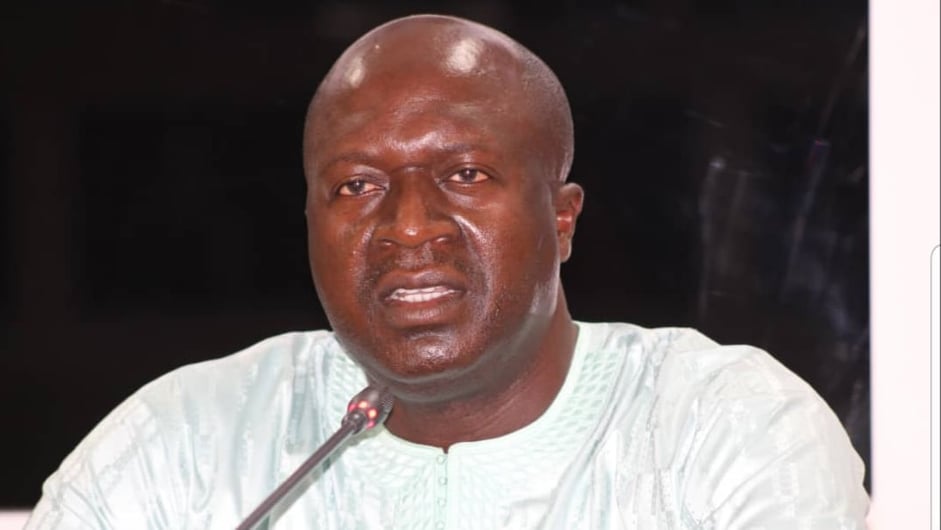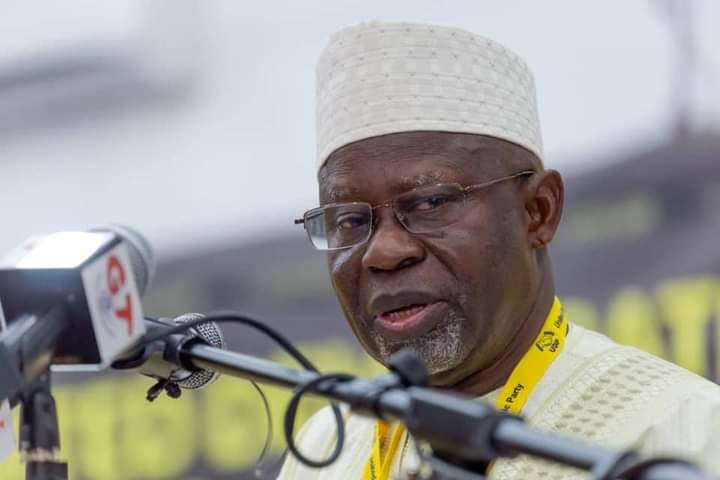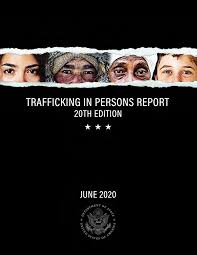By: Kemo Kanyi
Marie Sock, who expressed her intention to run for President in the 2021 presidential election, has renewed her calls for the government of The Gambia to work towards addressing the issue of irregular migration by focusing on key areas of national development.
“Many young Gambians are reluctant to stay in the country as the only hope for them making it in life is to look for greener pastures in Europe, mostly through the perilous journey of Backway,“ she stated in an exclusive interview with The Voice on Wednesday.
Madam Sock said while young Gambians have been targeted for a long period by the dangers of irregular migration, the government’s inability to offer proper solutions has only worsened the crisis.
“Despite repeated warnings and numerous reports of deaths at sea, little proactive government action has been taken to address the root causes of migration crisis. Policies targeting youth, when they exist, are poorly
implemented and rarely reach the most vulnerable groups. Government initiatives, aimed at overcoming unemployment or providing greater access to education, where they do exist, are usually underfunded and badly managed. Worse more, corruption also ensures that even funds meant for programs aimed for youth do not reach their intended targets,” she lamented.
“All this lack of transparency and accountability has brought about the erosion of trust between government and youth, with many feeling that their only hope lies beyond the borders,” she added.
She suggested job creation-investment in key sectors.
“What the government has to do is actually focus investments in those industries capable of bringing large-scale employment. Agriculture continues to be one of the prime sectors for growth, and with modern technologies and infrastructure, agriculture can become a practical source of income for many Gambians,” she opined.
Sock said the government needs to create avenues through which the youth can establish their own businesses or projects.
“Entrepreneurship support will provide an effective means for economic growth, and with the right support, young Gambians, who have ideas and determination, will succeed,” she stated.
She underlined that education reform is important in the migration crisis. “The current system has failed to prepare young people in the job market, and most graduates end up not being employed in the fields they studied.
Madam Sock said the government is expected to recalibrate the education system by putting moreemphasis on vocational and technical training tailor-made to the needs of the economy.
She further stated that sensitization campaigns, community outreach, and partnering with international organisations will be crucial steps in tackling irregular migration as the government alone can’t tackle it.





